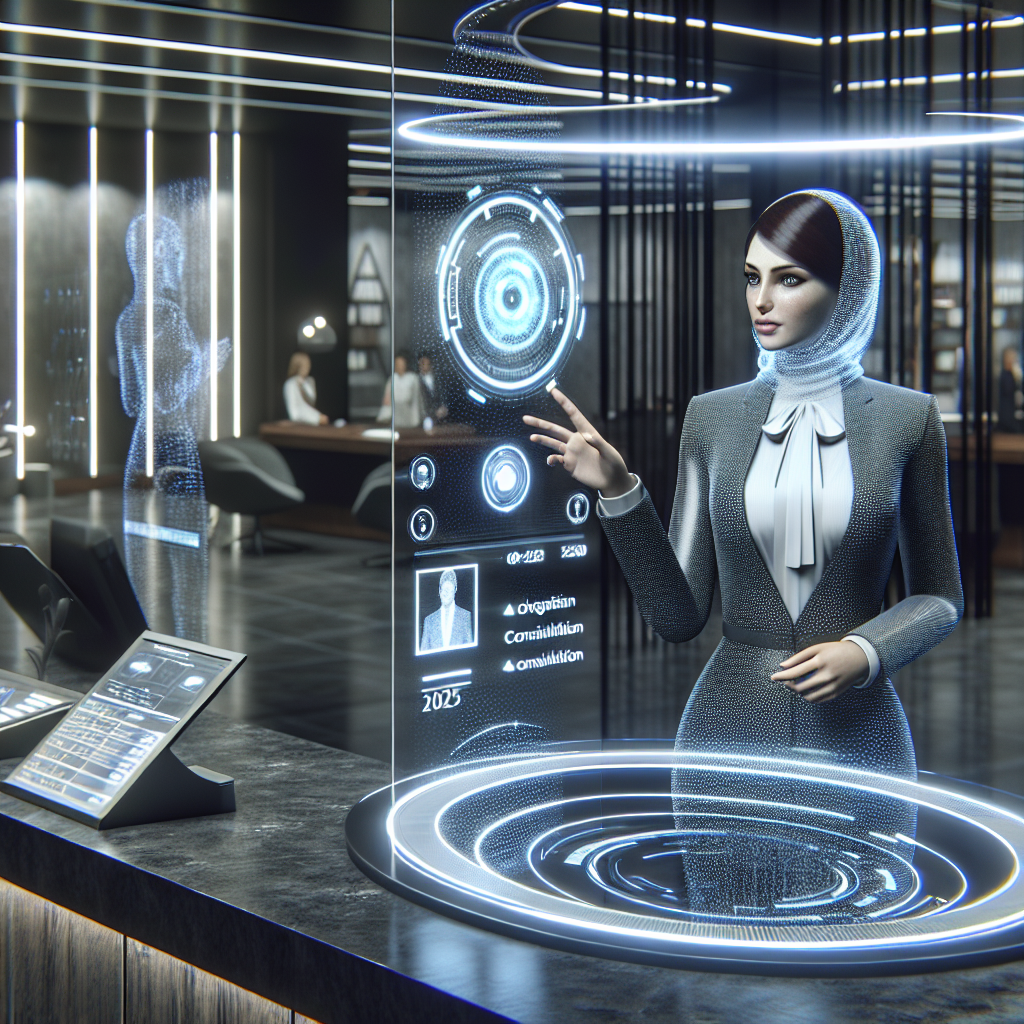Redefining Reception with Virtual Front Desk Technology
The traditional front desk has undergone a remarkable transformation in recent years. Virtual front desk solutions have emerged as game-changers for businesses of all sizes, replacing or supplementing physical receptionists with digital alternatives that never sleep, never take breaks, and provide consistent service. These advanced systems combine artificial intelligence, voice technology, and automation to handle visitor management, appointment scheduling, call routing, and much more. According to a recent study by Grand View Research, the global virtual receptionist market is projected to reach $1.7 billion by 2028, reflecting the growing adoption of these tools across industries. The shift toward remote work and digital-first experiences has only accelerated this trend, making virtual front desk implementation a strategic priority rather than just a convenient option.
Core Components of an Effective Virtual Front Desk
A comprehensive virtual front desk system integrates several critical technologies to deliver seamless visitor experiences. At its heart lies conversational AI, which enables natural, human-like interactions through voice or text. This is complemented by appointment management capabilities that sync with existing calendar systems, visitor check-in processes that can include identity verification, and messaging systems that notify staff of arrivals or important communications. The most advanced solutions also incorporate AI voice assistants that can answer frequently asked questions, provide directions, or transfer calls to appropriate departments. These components work together to create a cohesive front office experience that rivals or exceeds traditional reception services while offering significant cost advantages and operational flexibility.
Benefits Beyond Cost Savings: The Strategic Advantage
While cost reduction often drives initial interest in virtual front desk solutions, the strategic benefits extend far beyond the bottom line. Businesses implementing these systems report dramatic improvements in operational efficiency, with visitor processing times reduced by up to 70% according to Gartner’s research on digital workplace technologies. Customer experience also receives a substantial boost—visitors encounter consistent, professional greetings regardless of time or day, and waiting times are virtually eliminated. For staff, the removal of repetitive front desk tasks allows focus on higher-value activities, while management gains access to detailed analytics on visitor patterns, peak times, and service quality metrics that weren’t previously available. This combination of benefits creates a compelling case for adoption, particularly for businesses looking to differentiate through superior service delivery.
Industry-Specific Applications and Success Stories
Virtual front desk solutions have demonstrated remarkable versatility across industry sectors. In healthcare, these systems are revolutionizing patient check-in processes, with facilities reporting significantly reduced waiting times and administrative burdens. Medical offices can utilize specialized conversational AI to handle appointment scheduling and preliminary information gathering. The real estate sector has embraced virtual reception to manage property viewings and tenant communications, while law firms use these tools to screen potential clients an

Helping businesses grow faster with AI. 🚀 At Callin.io, we make it easy for companies close more deals, engage customers more effectively, and scale their growth with smart AI voice assistants. Ready to transform your business with AI? 📅 Let’s talk!
Vincenzo Piccolo
Chief Executive Officer and Co Founder


